No products in the basket.
FREE UK DELIVERY FOR ORDERS OVER £30 | NEXT DAY SERVICE AVAILABLE | WORLDWIDE GLOBAL SHIPPING
FREE UK DELIVERY FOR ORDERS OVER £30 | NEXT DAY SERVICE AVAILABLE | WORLDWIDE GLOBAL SHIPPING

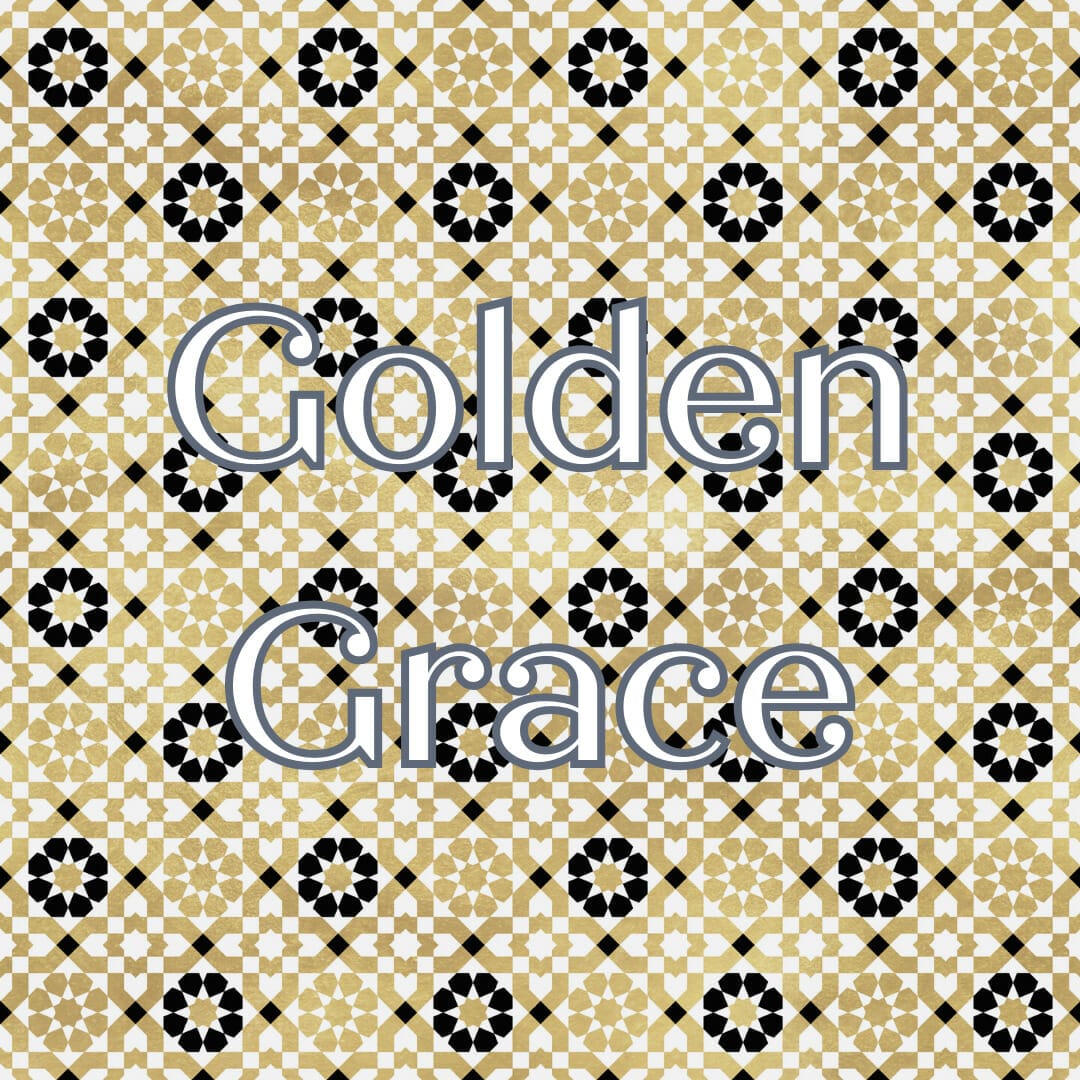


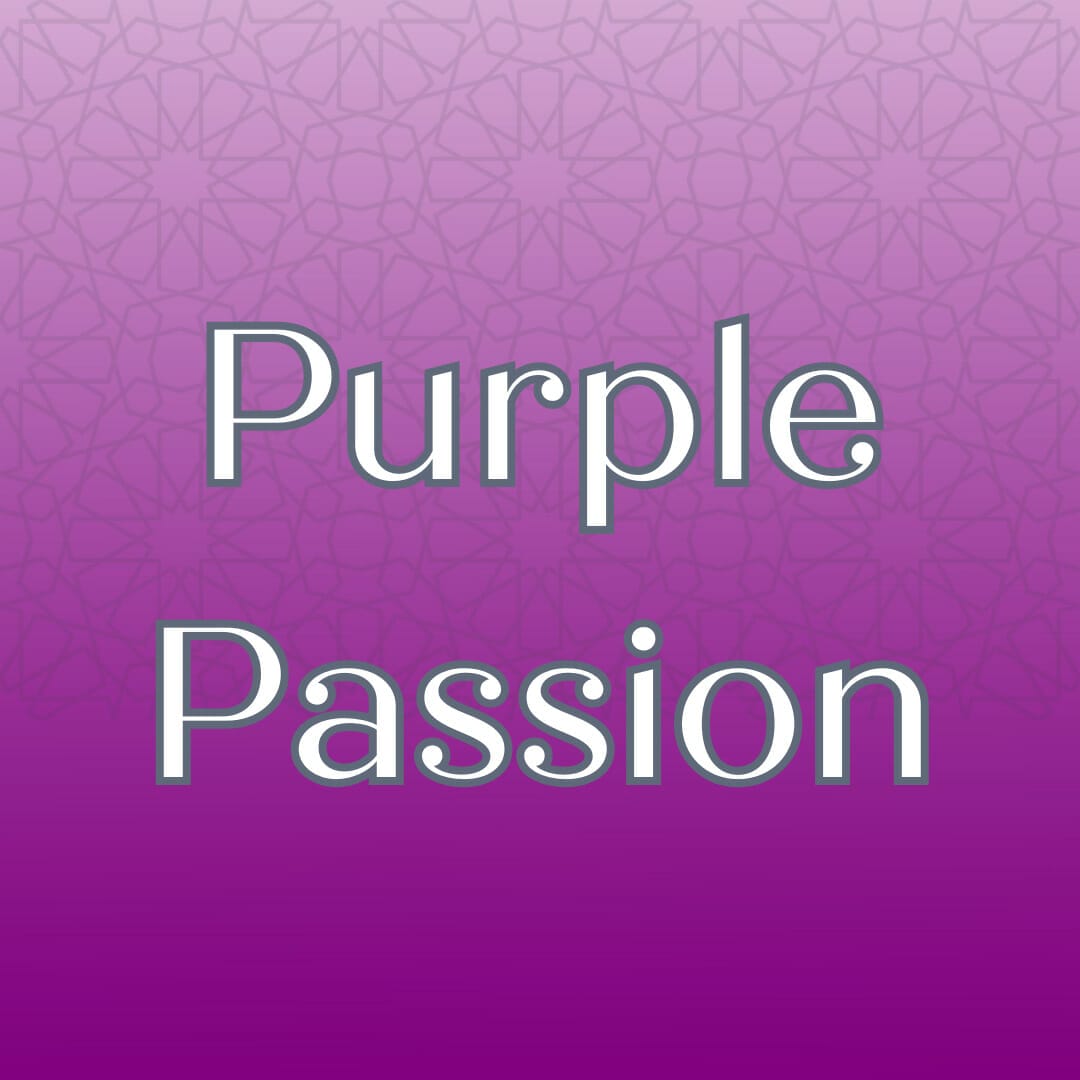
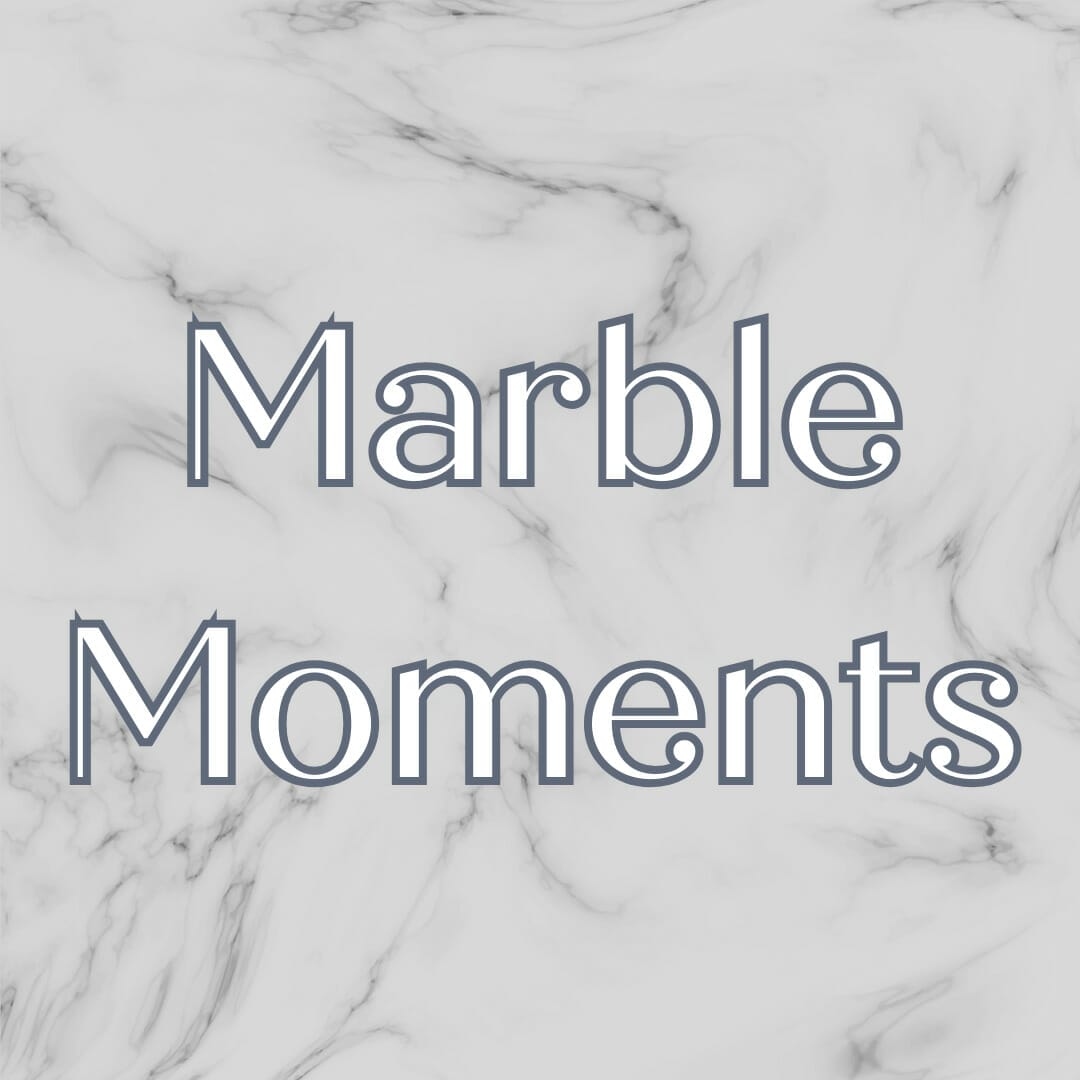
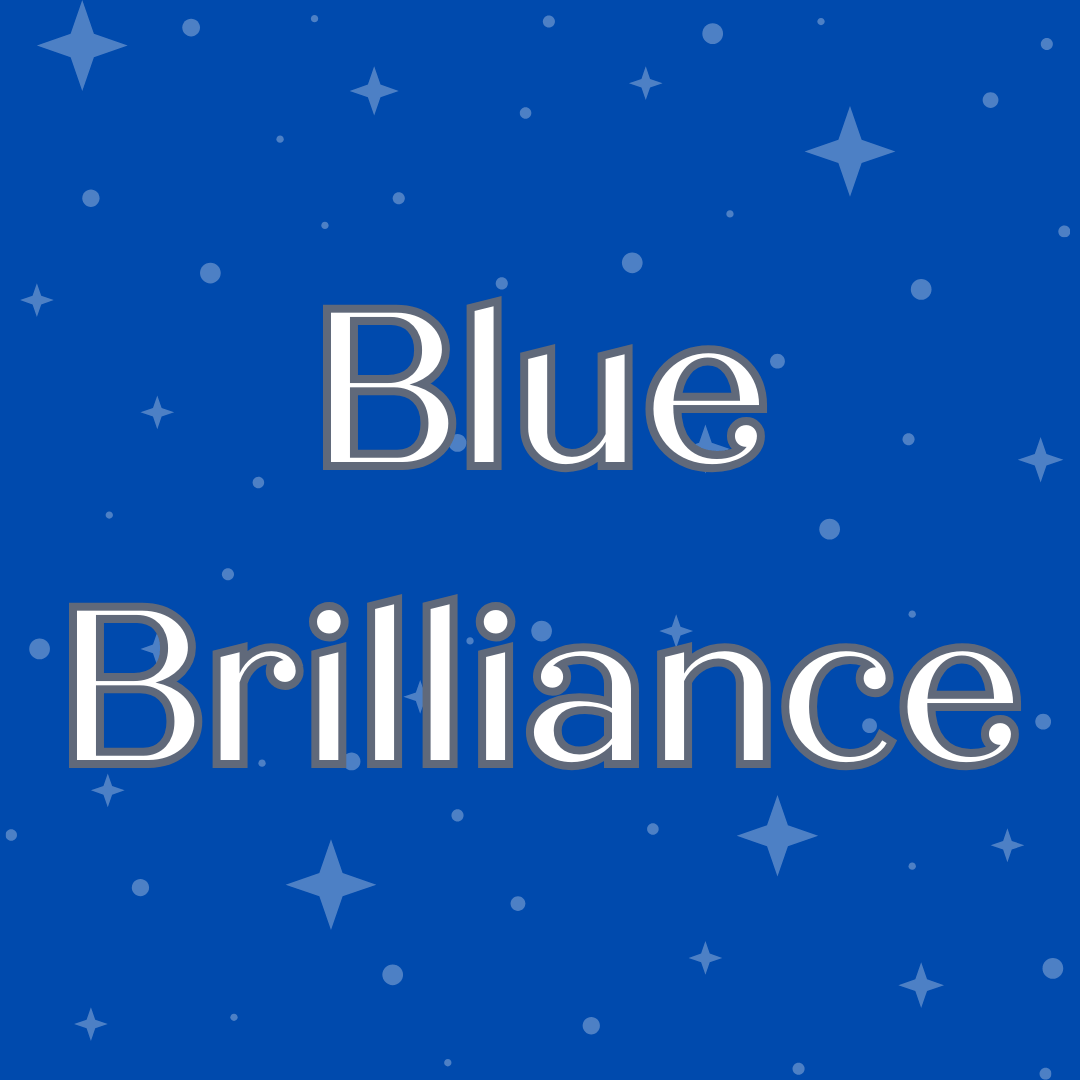

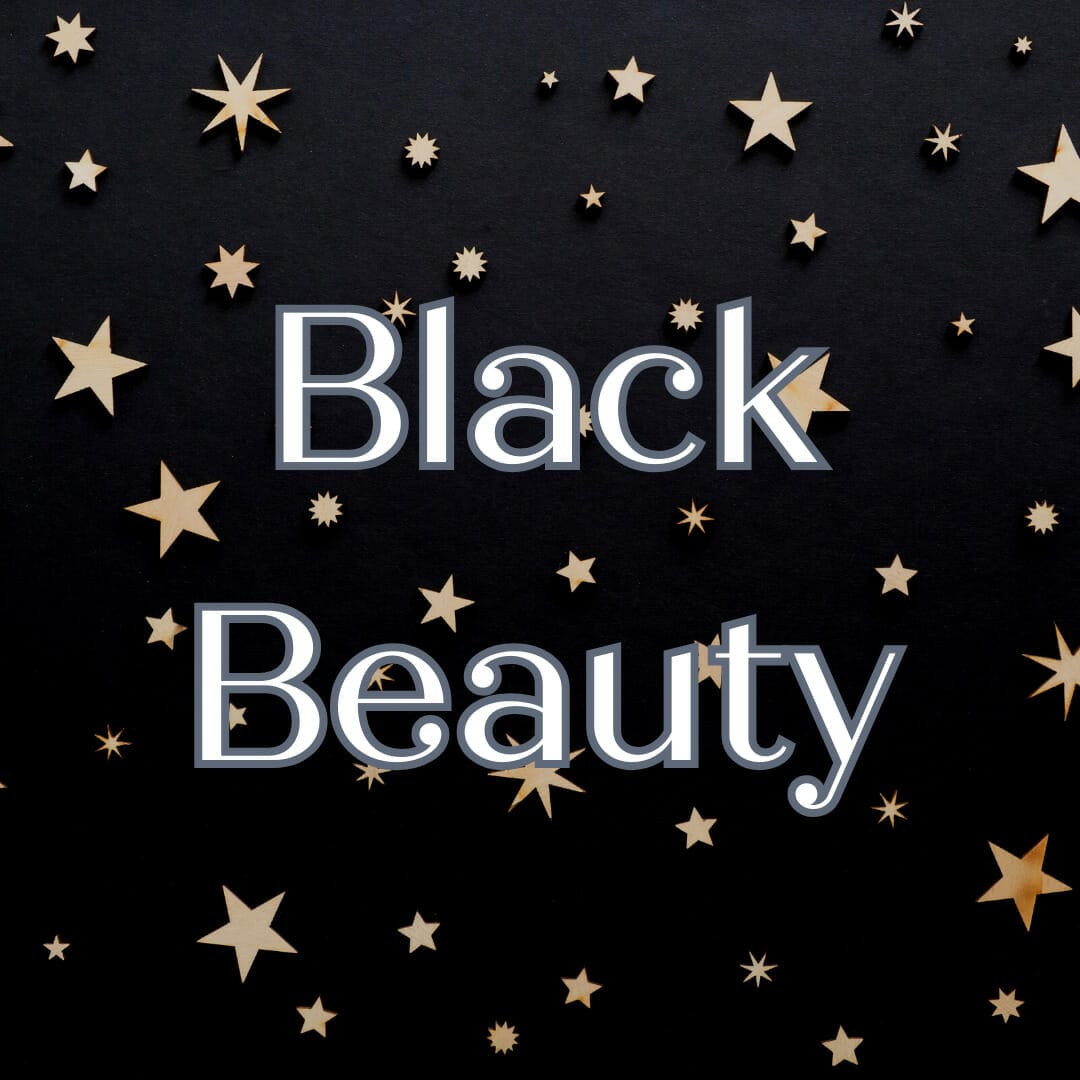
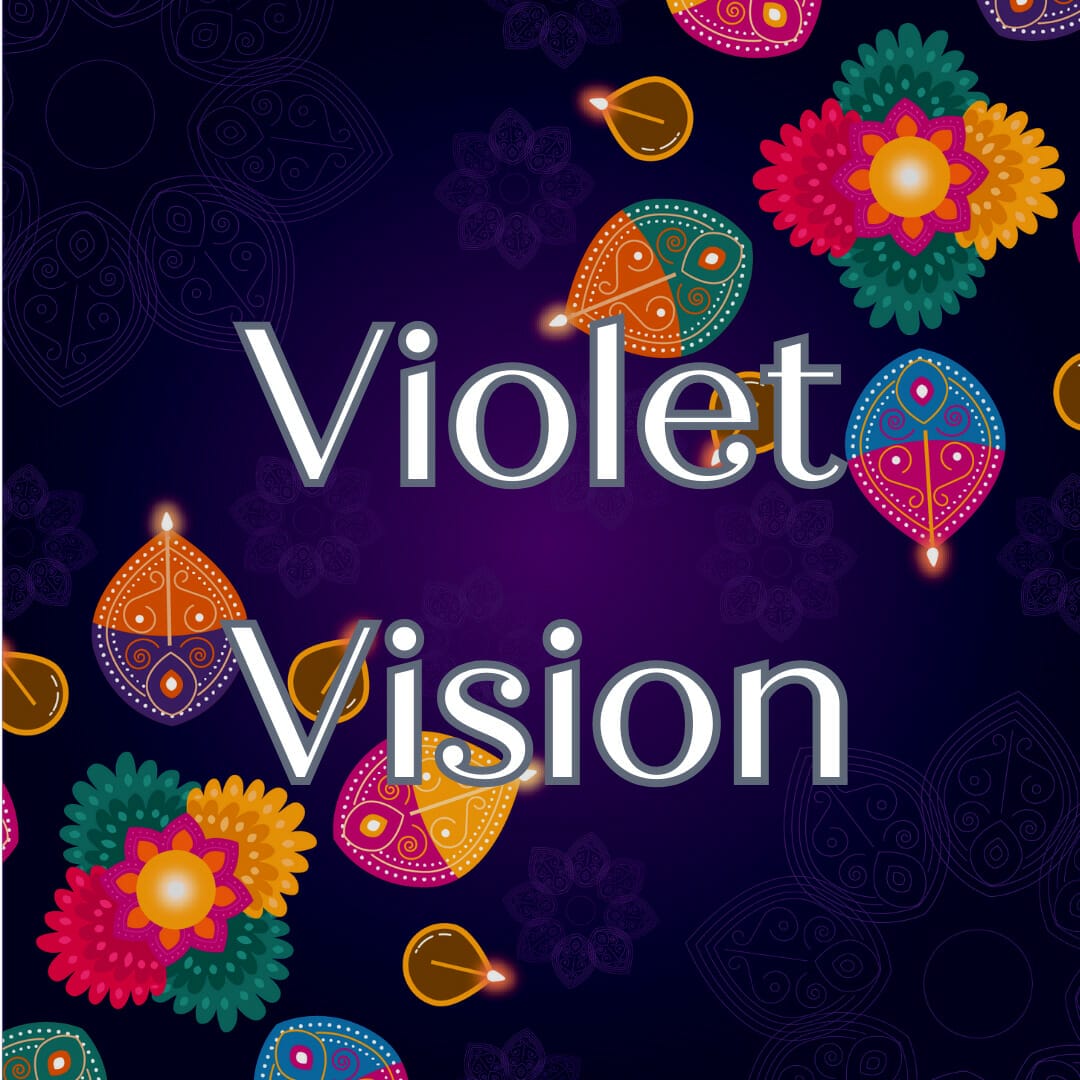
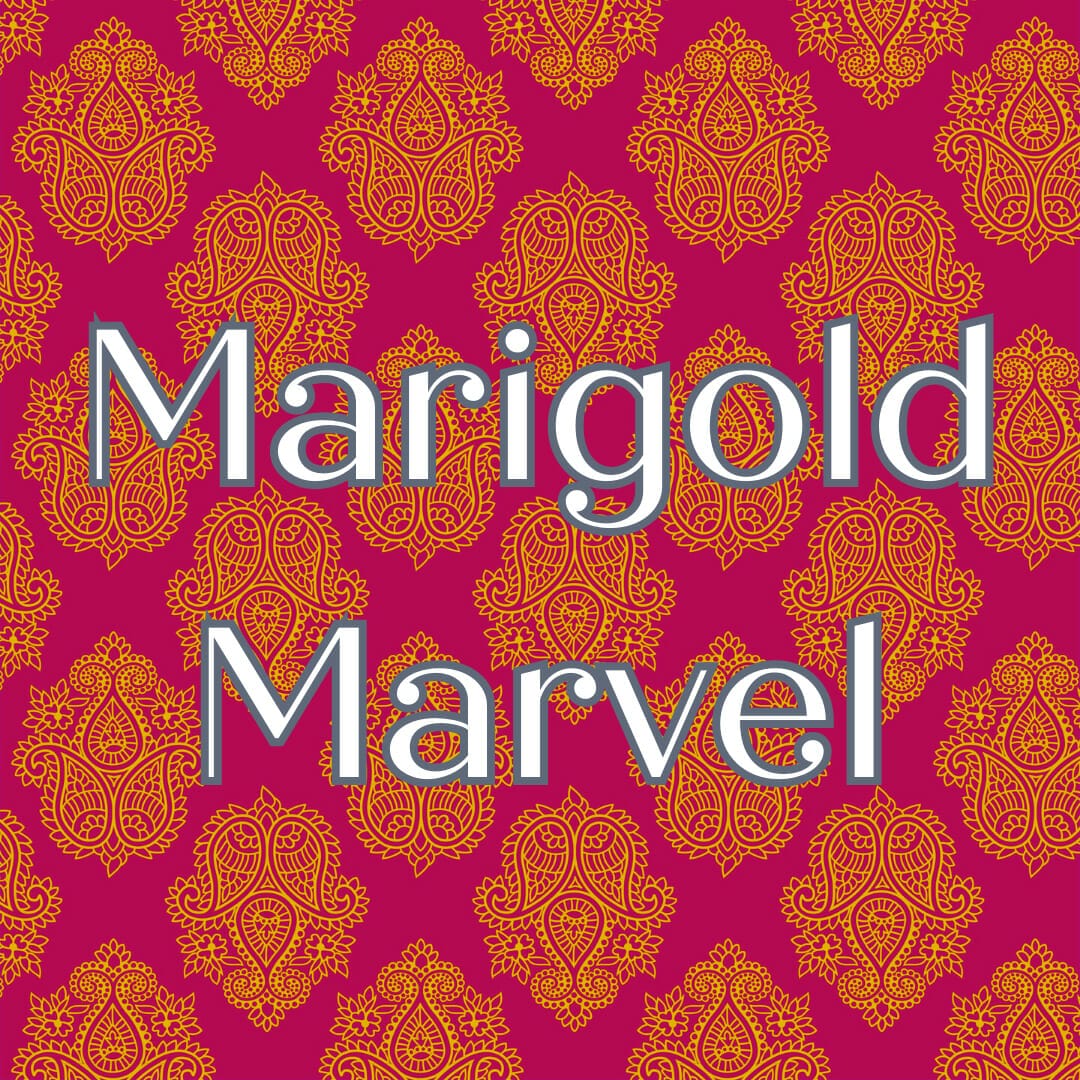
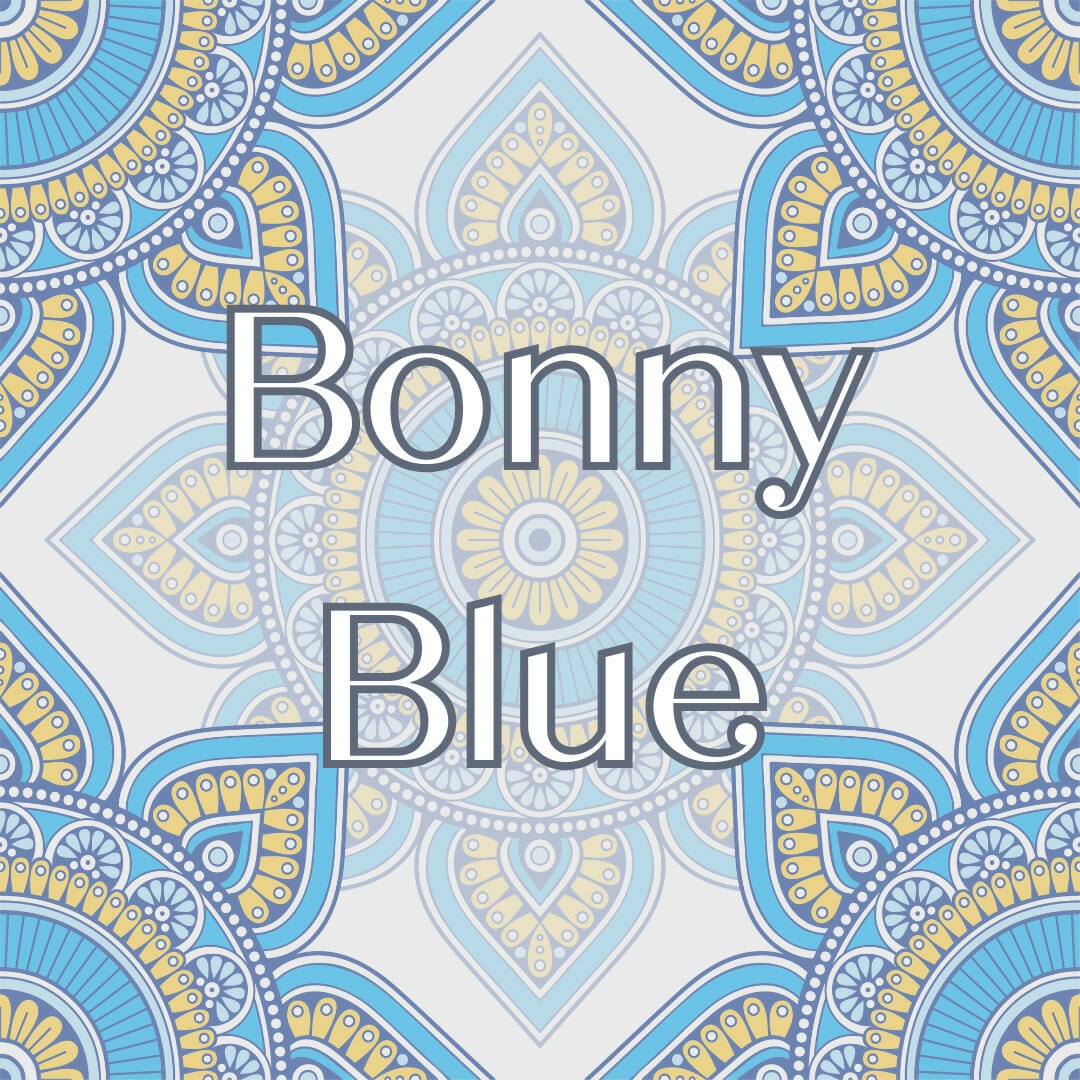
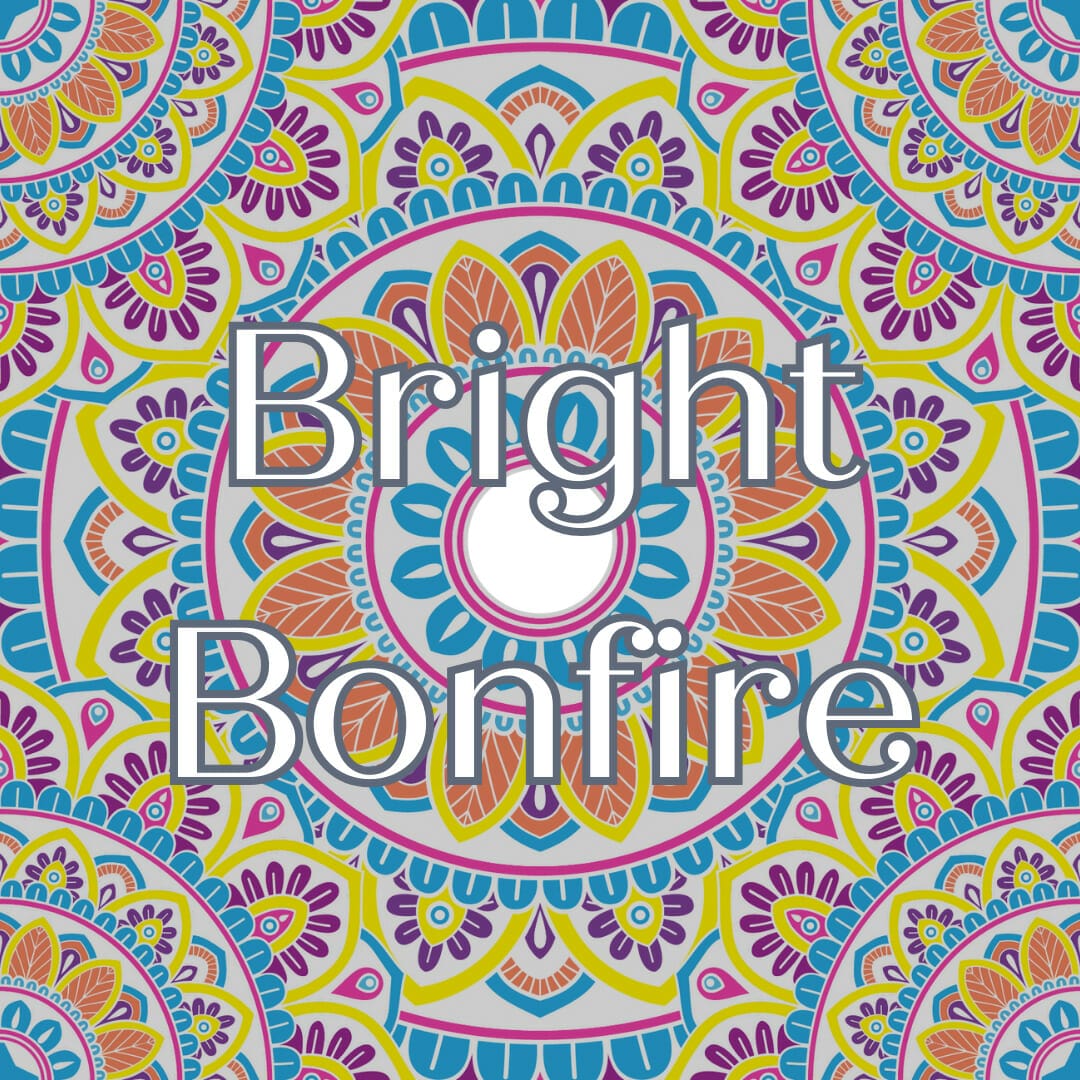

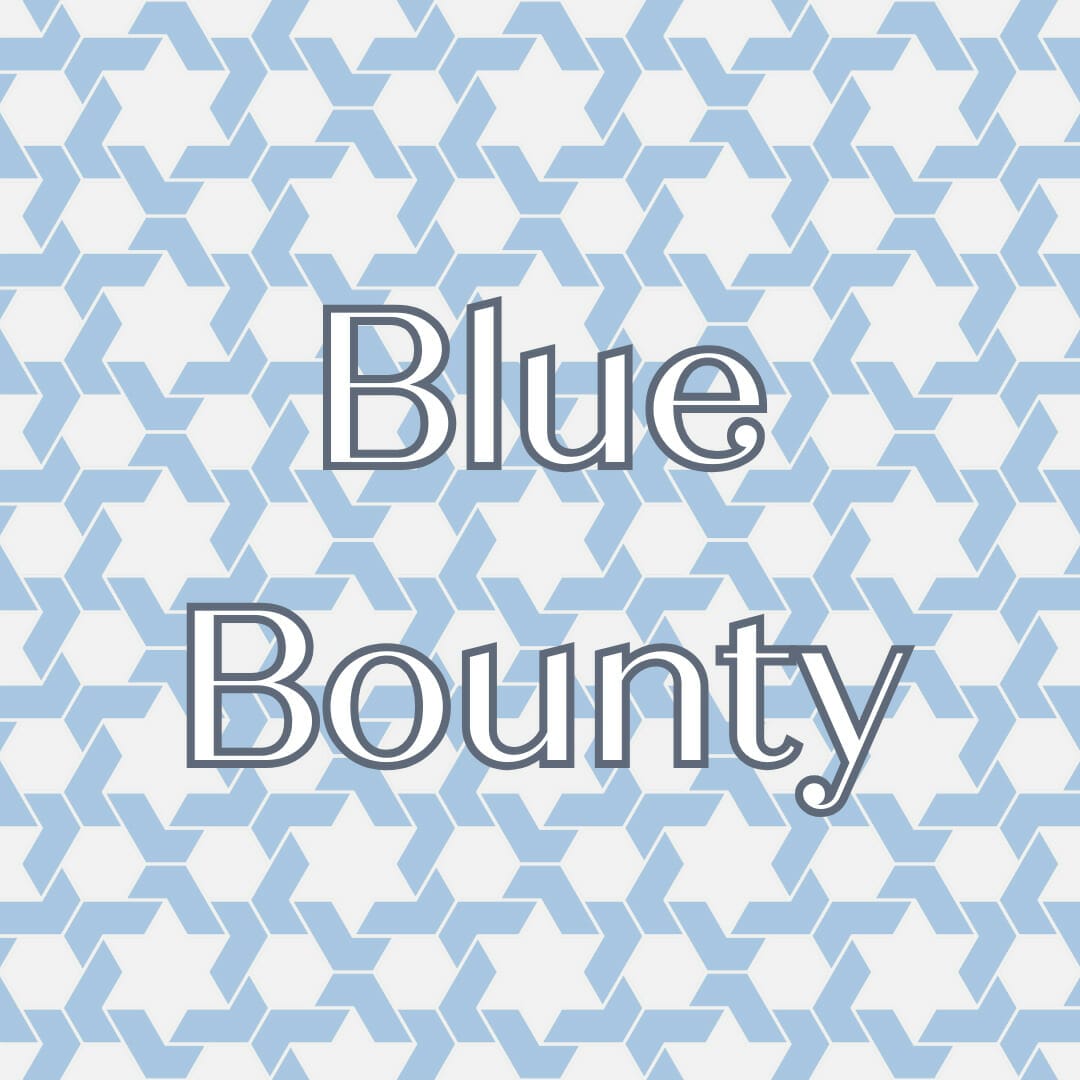





















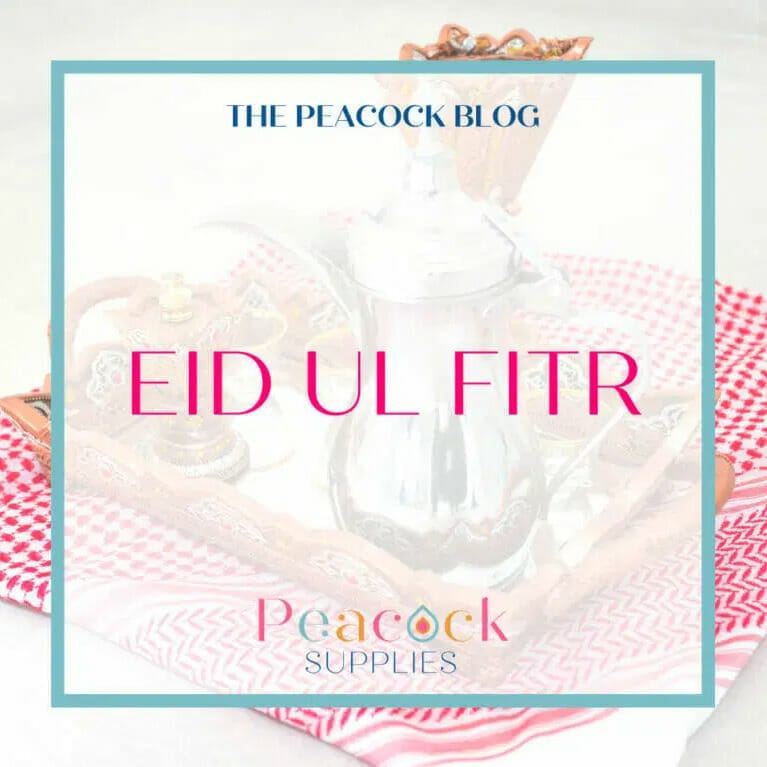
Eid-ul-Fitr is one of the biggest celebrations in the Muslim calendar, and it is regarded as a time to gather with friends and family and show gratitude to Allah following Ramadan.
Ramadan is considered the holy month of reflection and fasting whilst Eid-ul-Fitr is the celebration that follows, translating to “the feast of breaking the fast”.
It’s such a special time for Muslims, and we’d love to share what Eid means to us and how we typically celebrate after a month of fasting during Ramadan.
The holiday Eid-ul-Fitr was started by the Prophet Muhammad in Medina after the Hegira in 622 AD. Prophet Muhammad found the people were indulging in recreational activities, and recommended the observance of Eid-ul-Fitr and Eid-al-Adha as the two days for festivities.
Eid-ul-Fitr follows the holy month of Ramadan which is spent fasting from dawn to sunset for 30 days. Ramadan is huge for the Muslim faith as it allows us to become closer to Allah, thank him, and seek forgiveness for our sins.
After a month of practising self-control, Eid-ul-Fitr is considered the celebration where we can indulge in food and fun activities with our friends and family upon the end of Ramadan and the beginning of the 10th month and the first day of the month of Shawwal.
As with any holiday, Eid has many traditions attached to it some of which may be individual to a family or community, but many of which are shared amongst the Muslim community.
Muslims are not allowed to fast on the day of Eid, due to it being a celebration ending the fasting month of Ramadan. This means many families will host buffet-style parties or hold big family meals to break their fast.
Acts of charity are usually performed during Eid and there will always be Eid prayers to attend later in the day. Muslims will recite the takbir, praising Allah, on our way to Eid Prayers. These prayers are usually performed in open-air enclosures such as fields, mosques or community centres.
Eid is also a great gift-giving opportunity for Muslims, with Eid Trees becoming more and more popular within the community to leave presents under. Typical presents for Eid include chocolate-covered dates, perfume, clothing and dinnerware to name just a few.
As with any celebration, Eid is a great opportunity for Muslims to throw a party and decorate their homes to celebrate the end of Ramadan. If you’re thinking of throwing a celebration for Eid this year, check out our range of Eid Partyware to throw a party with style!

Peacock Supplies is the UK’s leading supplier of all faith-based and multicultural celebration products such as party tableware, decor, greetings and novelty gifts.
We love to create innovative products which are beautifully designed and offer premium quality at affordable prices.